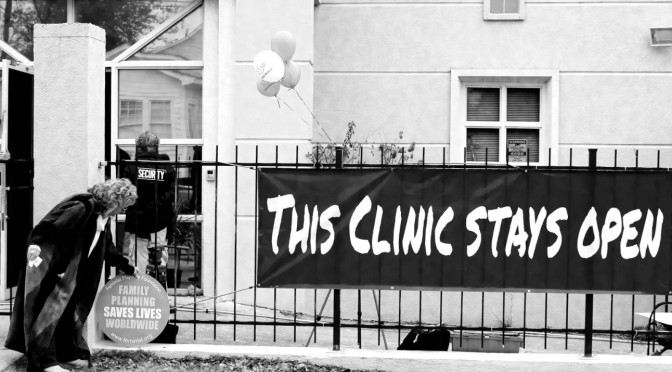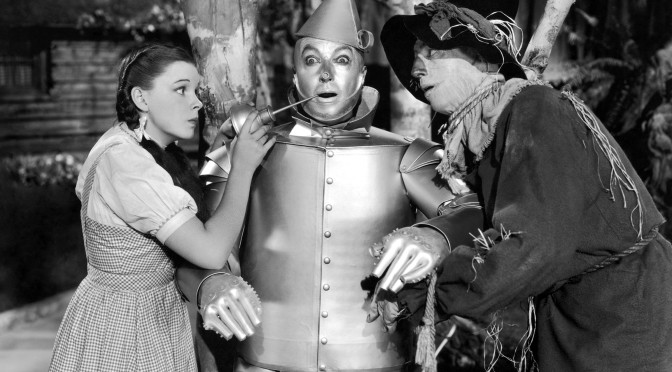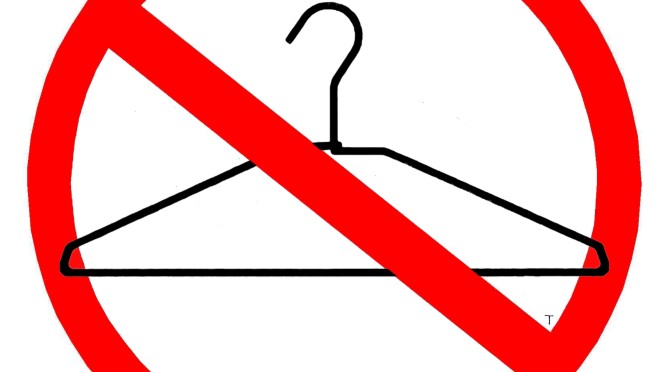10 years ago, on April 30th, I learned that Gabe Feld passed away. He was a member of my community in Boston. He was 24.
I didn’t know him tremendously well – I saw him at gatherings, had shared words and nods and smiles. But our community loved him, and what happened next really impacted my life.
Soon after he passed, a number of people within our community gathered around a bonfire to share stories of Gabe, and did so with his family present. His family didn’t always know this side of Gabe, but we shared our memories with them.
It was heartbreaking and it was powerful. Gathered in a circle around a bonfire in the backyard of a house on Wyman St in Jamaica Plain, I watched his family’s expressions. I watched people cry, and laugh, and all of us cry and laugh with them.
And while I was sitting there and listening to stories of Gabe, I selfishly thought of myself, and what would happen if and when I died.
I imagined who would mourn, and what stories they would tell of me.
I listened to all these stories of Gabe, of his yoga teaching and his fire spinning and his adventures, and I suddenly wondered if I was living the way I wanted to live – if I was living a life that upon my death, my friends would be able to gather and tell wild and fun stories of me, to share words that reminded them of me – to speak of my kindness, my intelligence, my heart, my passions, my fearlessness. The way they spoke of Gabe’s.
Would they say what I want them to say?
And then I thought about the fact that I can’t tell them what to say – I can’t control what someone might say about me once I’m gone.
But I can control myself, and the choices I make, and the life I live, and I can do things deliberately and with intention — I can live my life in a way that inspires people to say certain things about me.
I can’t control what they remember – but I can do my best to be memorable, and to be what I want to be remembered as.
Something shifted for me in the spring of 2009.
It took a break up that summer to push me through the next steps – but I remember Gabe’s memorial as the first moment where I choose this life.
I choose to write down words I always want to be remembered by. Adjectives and nouns I want people to use to describe me. I held those words close, and I started this chapter of my life.
I often credit my ex, Chris Baum, with helping me take the next bold move into the future – for inspiring me to move to Los Angeles, for ending things when he did, for pushing me out of my comfort zone and showing me I’d be perfectly okay.
But I don’t credit Gabe nearly enough. It’s weird because I didn’t know him closely – but his death, his memorial, it switched something in me, and started a path that others have helped me along – exes, lovers, friends, coworkers, mentors, strangers —
A year later, I set out to live 3,000 miles away from everyone I knew, and in my bag was a book with words I’d written down, of the legacy I wish to leave, and that all my choices, all my decisions, should remember those words.
Does what I do honor who I wish to be remembered as?
I live in many times:
I retell my past as vividly as I can, to remind myself of where I’ve been and what I’ve done.
I live as much as I can in my present, to truly give myself to the now and be what I want to be, and so I can tell these vivid stories as well when they are my past.
And I live in the future – by using who I wish to be as a compass for who I am now.
I even live in my death, by planning for it in this way.
2009 was a formative year for me in so many ways. And Gabe was part of that. And so were so many of my friends. And so are many of you.
It’s guided my activism, my online behavior, my offline behavior, my relationships, my work, and my decisions.
I remember sitting around a bonfire. I remember Gabe.
I am so very grateful. For all of this.










